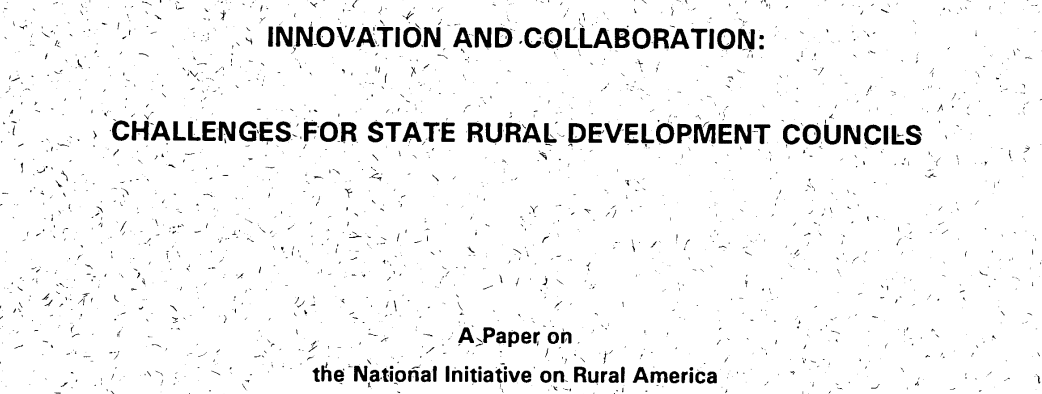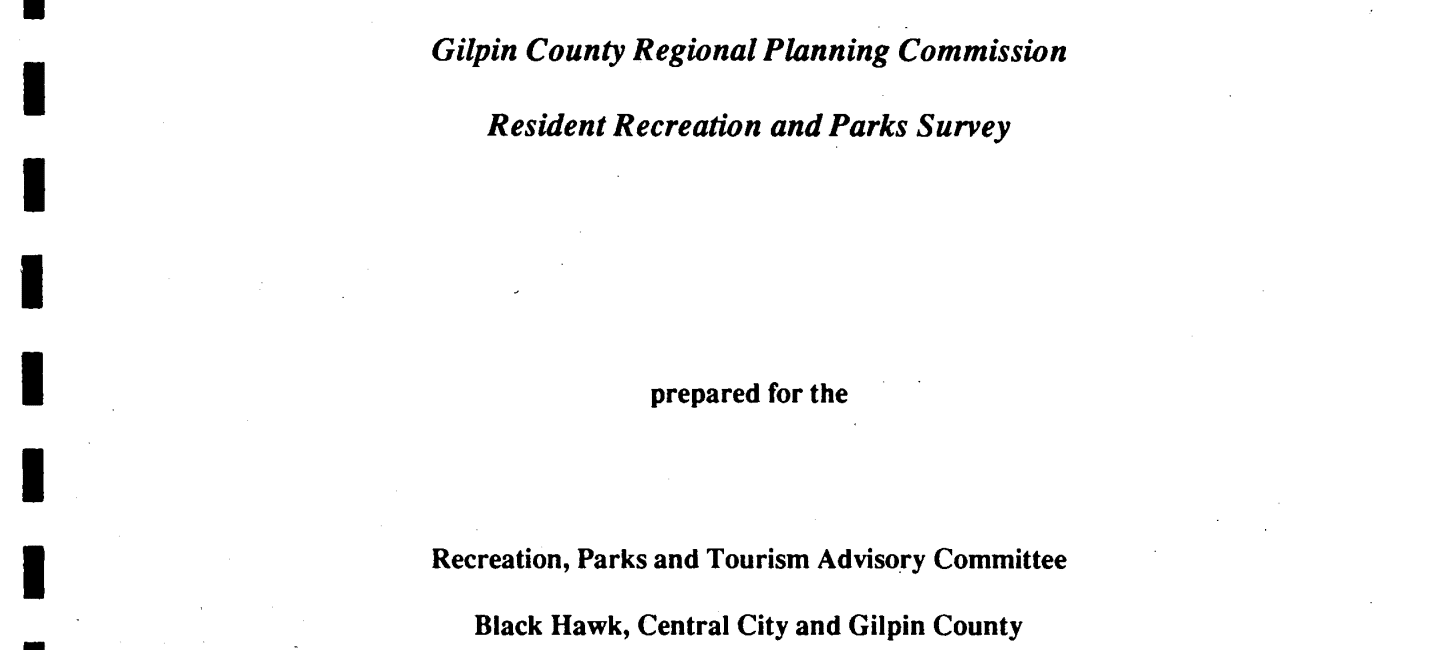Building Regional Strength: A Call to Action
Insights and recommendations to build healthy, thriving rural & Indigenous regions.
Rural Resources, Insights, and Collaborations by Aspen CSG and Partners
Insights and recommendations to build healthy, thriving rural & Indigenous regions.


Paper examines impacts of the changes on the 1980s on the prospects of various ethnic/gender demographic groups, then discusses implications of these developments for families and public policy.

USDA Bulletin/Fact Sheet provides on evidence of economic decline in rural communities based on federal data from 1979-1992.

Report seeks to author a variety of program and sustainability strategies to foster poverty alleviation.

Paper looks at the response of firms to changes in the minimum wage.

Document provides an action plan for the Southern Regional Policy Center (SRPC). Document provides brief outline of intended areas of focus.

Prospectus serves as brief road map for the Southern Regional Policy Center at the University of North Carolina umbrella.

Question & Answer document serves as brief introductory document to the Southern Regional Policy Center goals in developing and furthering regional economic policy.

Document serves a conceptual tool to help define, guide, and measure the process of organizational change into the State Rural Development Councils (SRDC).

Report details findings of survey that assess the recreation and park needs of residents of the three governmental entities (Black Hawk, Central City and Gilpin County).

Document summarizes the central provisions of the North American Free Trade Agreement (NAFTA) and evaluates the economic impact of the agreement.

Explore strategies for fostering rural growth through entrepreneurship and state policies in this comprehensive report by Aspen CSG.

This report summarizes the survey over thirty experts in the rural economic development sphere (directors of grassroots rural organizations, policy institutes, rural advocates, state and federal government officials, congressional aides, academics, and general policy experts.)